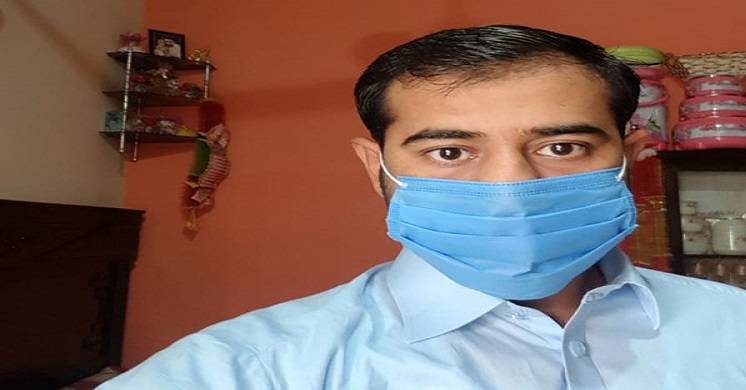
A recovered patient of coronavirus in Charsadda, Khyber Paktunkhwa (KP) has opened up about his ordeal during his time in isolation. In an interview to the Express Tribune, he shares how various rumours about his fate were doing the rounds.
Some rumours said that the doctors had killed him and his body was secretly buried in an unmarked grave outside the village because they thought the coronavirus was incurable.
He further tells that he spent more than two weeks in an isolation centre at Charsadda's DHQ Hospital and describes this time as 'worse than solitary confinement in prison'. He also said that he was locked inside his room and two policemen were deployed outside. Doctors wouldn't visit him citing non-availability of protective equipment.
He said that he was not given any medicine during his time in the hospital and not once was his temperature checked. "I was left to die in isolation."
About the rumours, he says that at one point he became so paranoid that he started believing that the doctors would kill him with a lethal injection. And imagining the mental agony my family would have faced was even worse, he says.
He further said that a cell phone was all he had to connect to the world outside his isolation ward.
Some rumours said that the doctors had killed him and his body was secretly buried in an unmarked grave outside the village because they thought the coronavirus was incurable.
He further tells that he spent more than two weeks in an isolation centre at Charsadda's DHQ Hospital and describes this time as 'worse than solitary confinement in prison'. He also said that he was locked inside his room and two policemen were deployed outside. Doctors wouldn't visit him citing non-availability of protective equipment.
He said that he was not given any medicine during his time in the hospital and not once was his temperature checked. "I was left to die in isolation."
About the rumours, he says that at one point he became so paranoid that he started believing that the doctors would kill him with a lethal injection. And imagining the mental agony my family would have faced was even worse, he says.
He further said that a cell phone was all he had to connect to the world outside his isolation ward.
